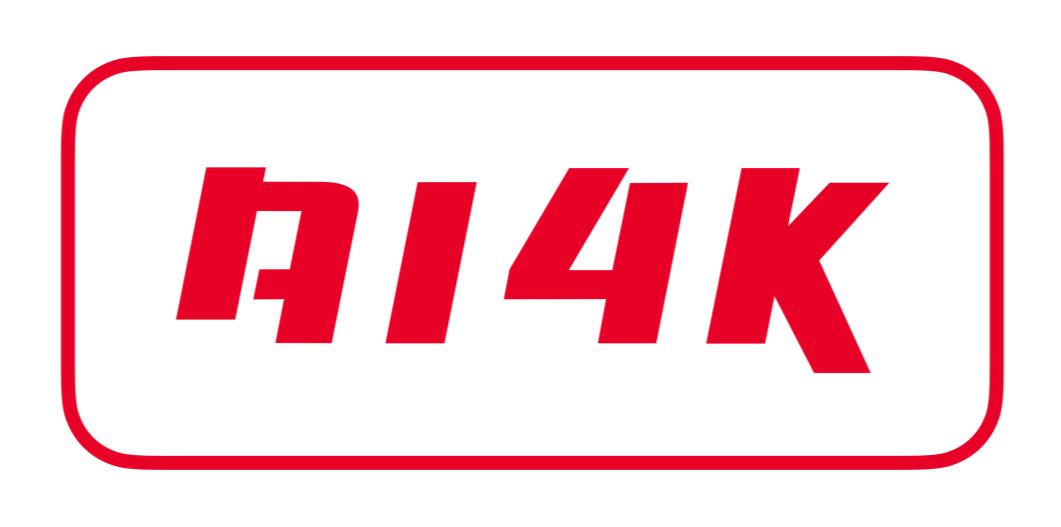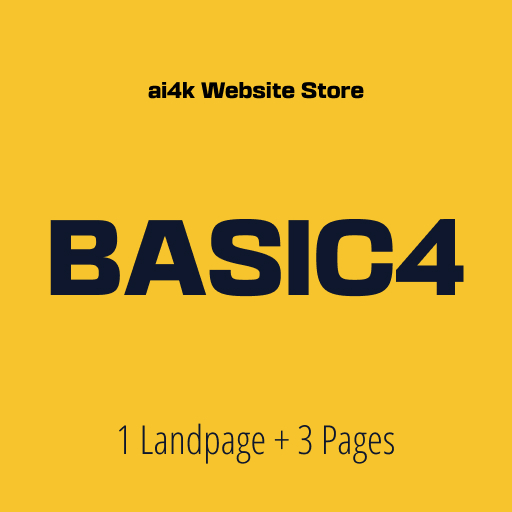Online Store
Congratulations on your decision to launch an online store! This journey promises to be thrilling and rewarding, allowing you to tap into the vast potential of e-commerce and reach customers globally.
An online store, also known as an e-commerce website, is a popular and lucrative business model for online entrepreneurs. Through this platform, you can offer both tangible and digital products, catering to the ever-growing demand for convenient online shopping experiences. Whether you sell handcrafted items, innovative software, or unique services, an e-commerce website provides a powerful avenue to showcase your offerings and generate revenue streams from around the world.
However, e-commerce is just one of the many opportunities available in the online business realm. Another attractive option is to explore passive income sources, which can provide a steady flow of earnings with minimal ongoing effort. Passive income streams can come from investments, rental properties, or even digital products like e-books or online courses. In this case, while an e-commerce website may not be necessary, having a professional online presence with informative content, contact forms, and reservation systems can be highly beneficial.
To embark on this exciting journey, the first step is to clearly define your target market and identify the products or services that will meet their needs and desires. Conduct thorough market research to understand your potential customers’ preferences, pain points, and buying behaviors. Next, develop a comprehensive marketing strategy, outlining the channels and tactics you’ll employ to reach and engage your target audience effectively.
As you delve into the technical aspects of setting up your online business, take the time to carefully evaluate and compare various e-commerce platforms, payment gateways, and other essential technologies. Choose solutions that align with your business requirements, scalability goals, and budget considerations.
Remember, launching an online business is a continuous learning process, and embracing adaptability and perseverance will be key to your success. Surround yourself with valuable resources, seek guidance from experienced entrepreneurs, and stay attuned to industry trends and best practices.
With a well-executed plan, a commitment to excellence, and a passion for your venture, you’re poised to embark on a remarkable journey towards building a thriving online business. Seize this opportunity, and may your online endeavor bring you both financial success and personal fulfillment.





